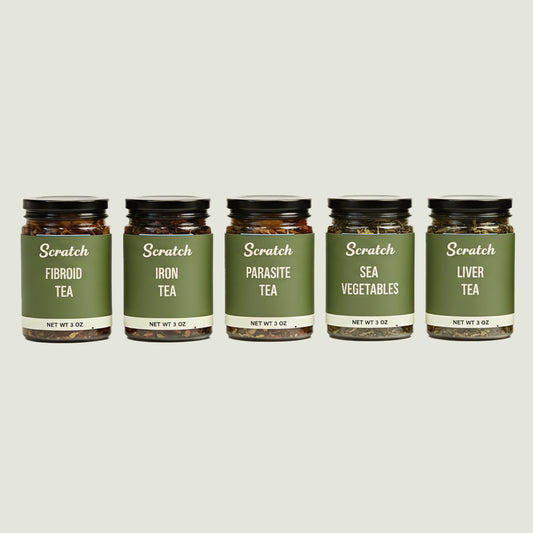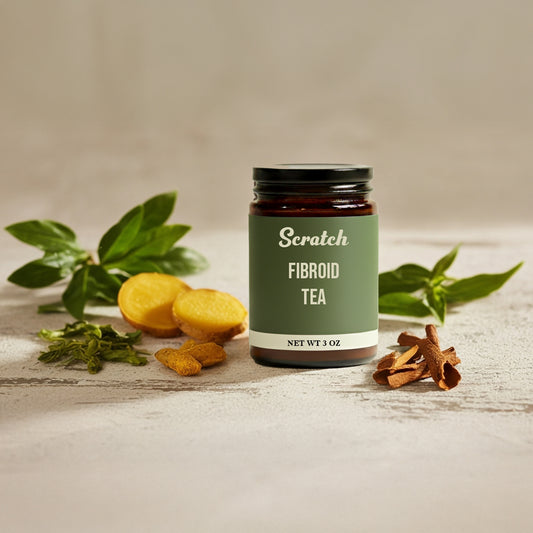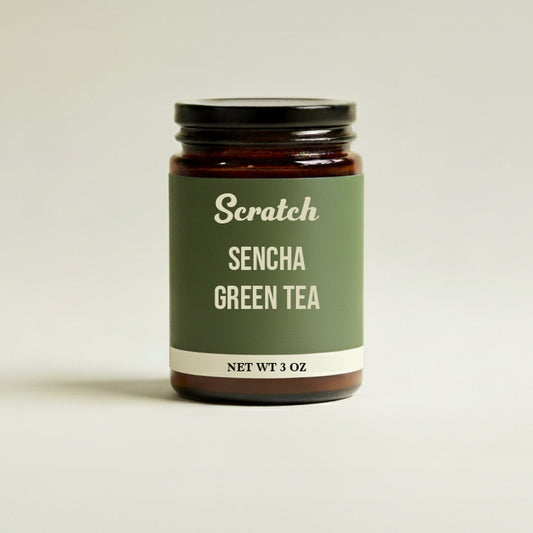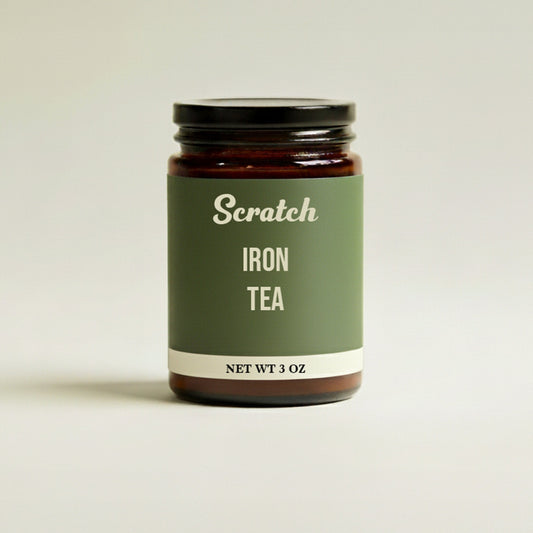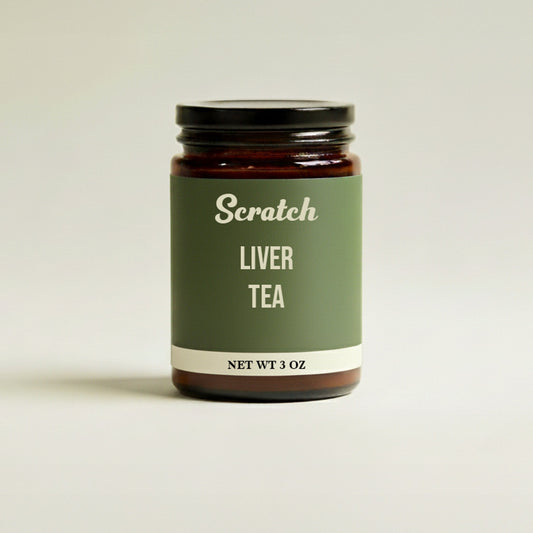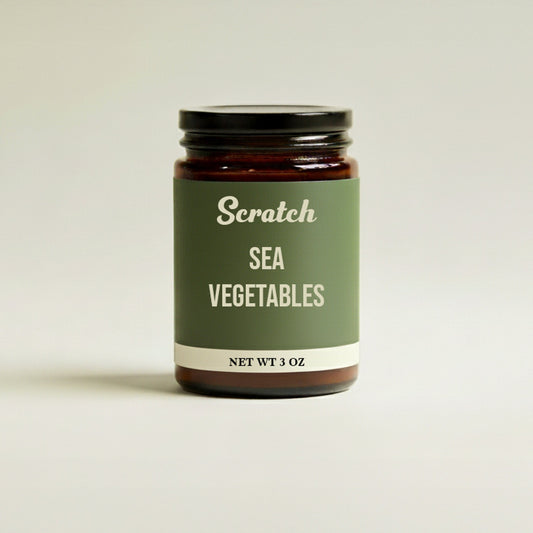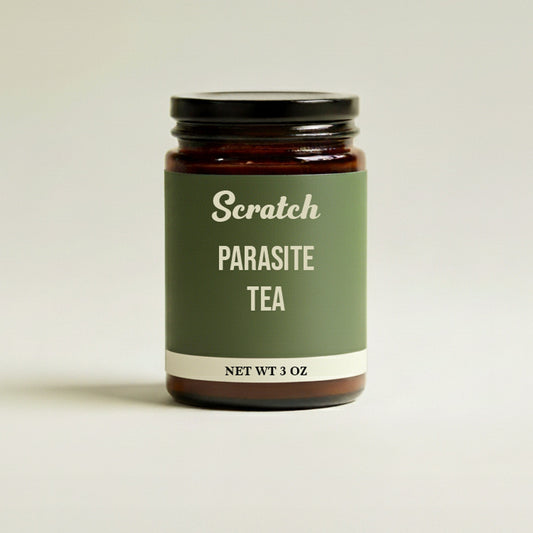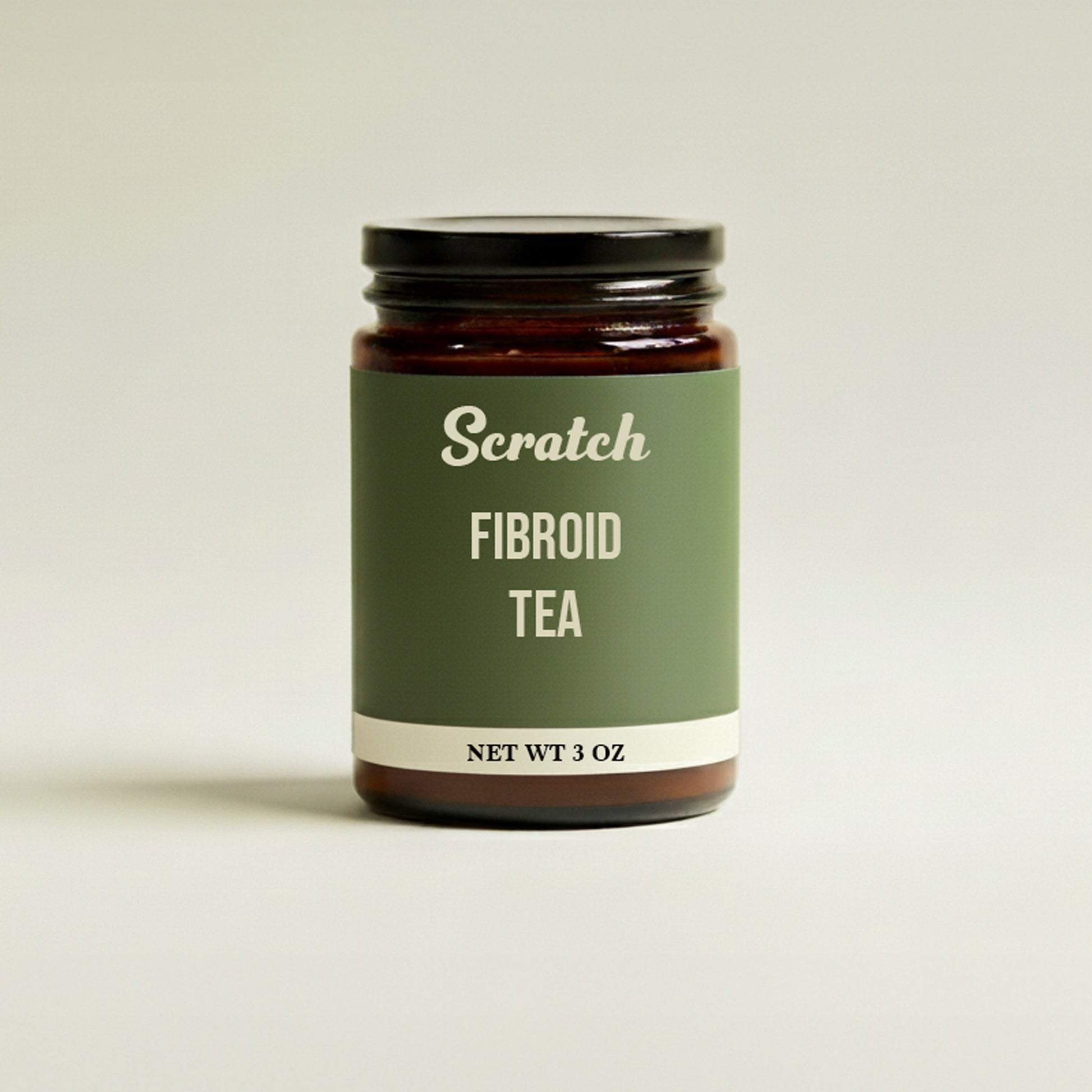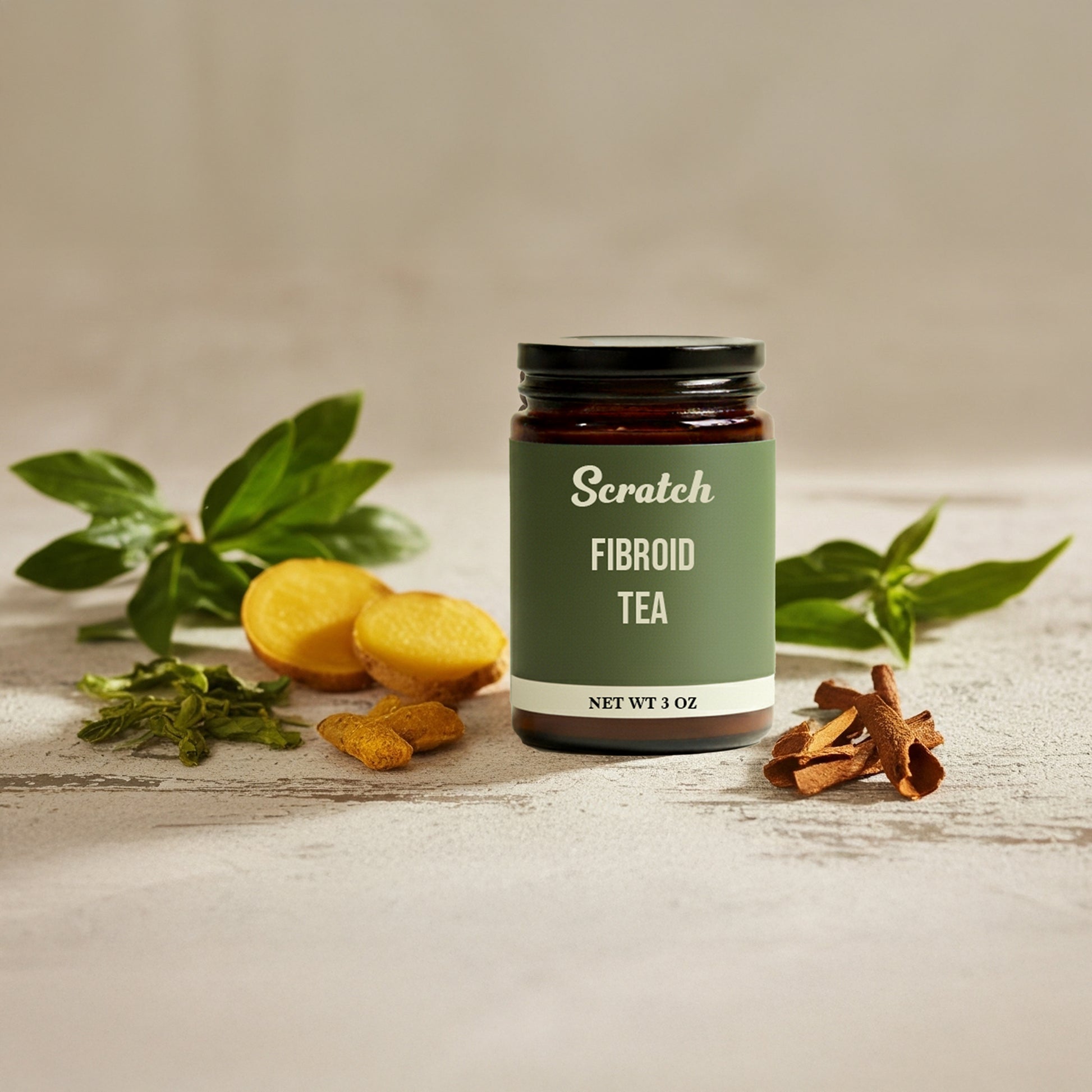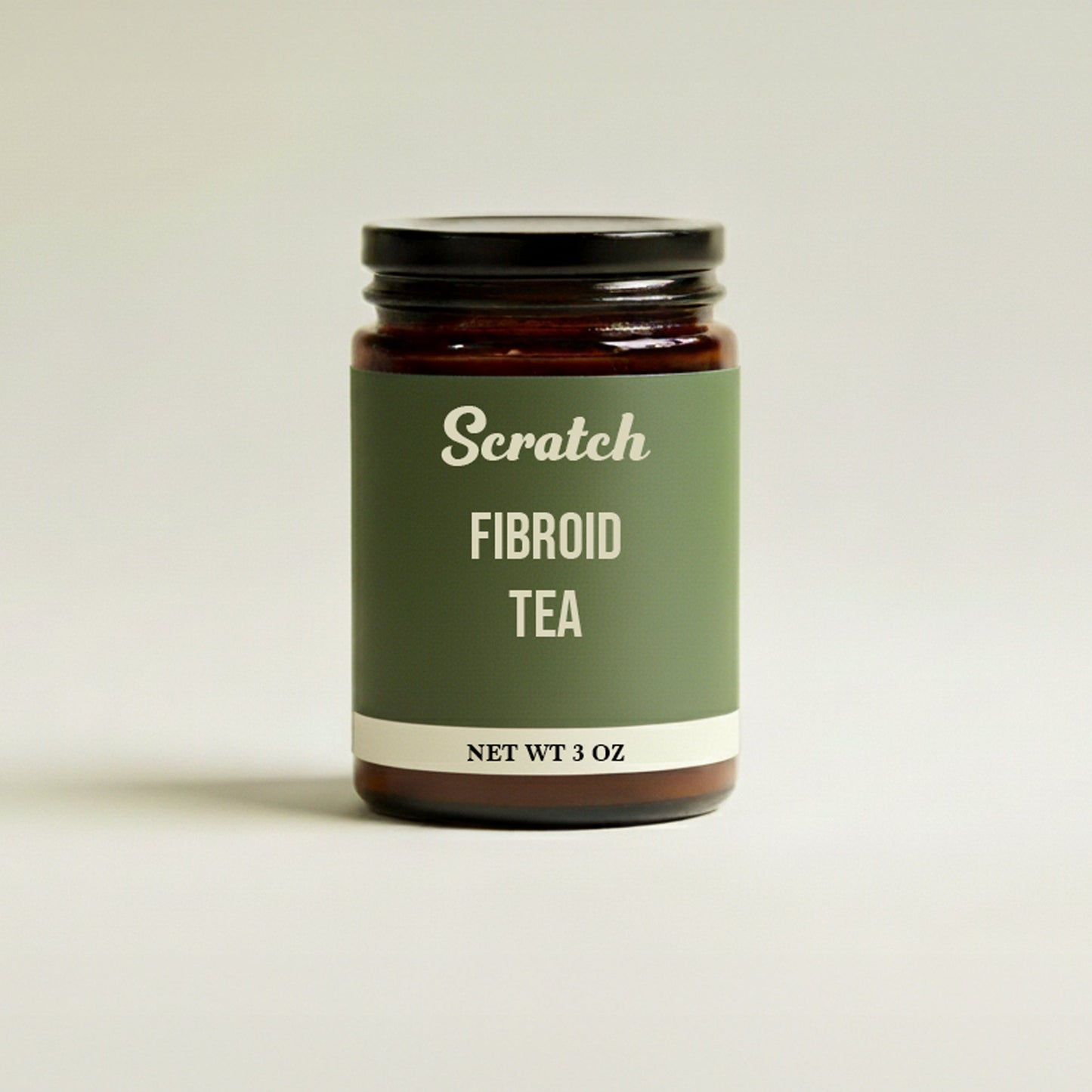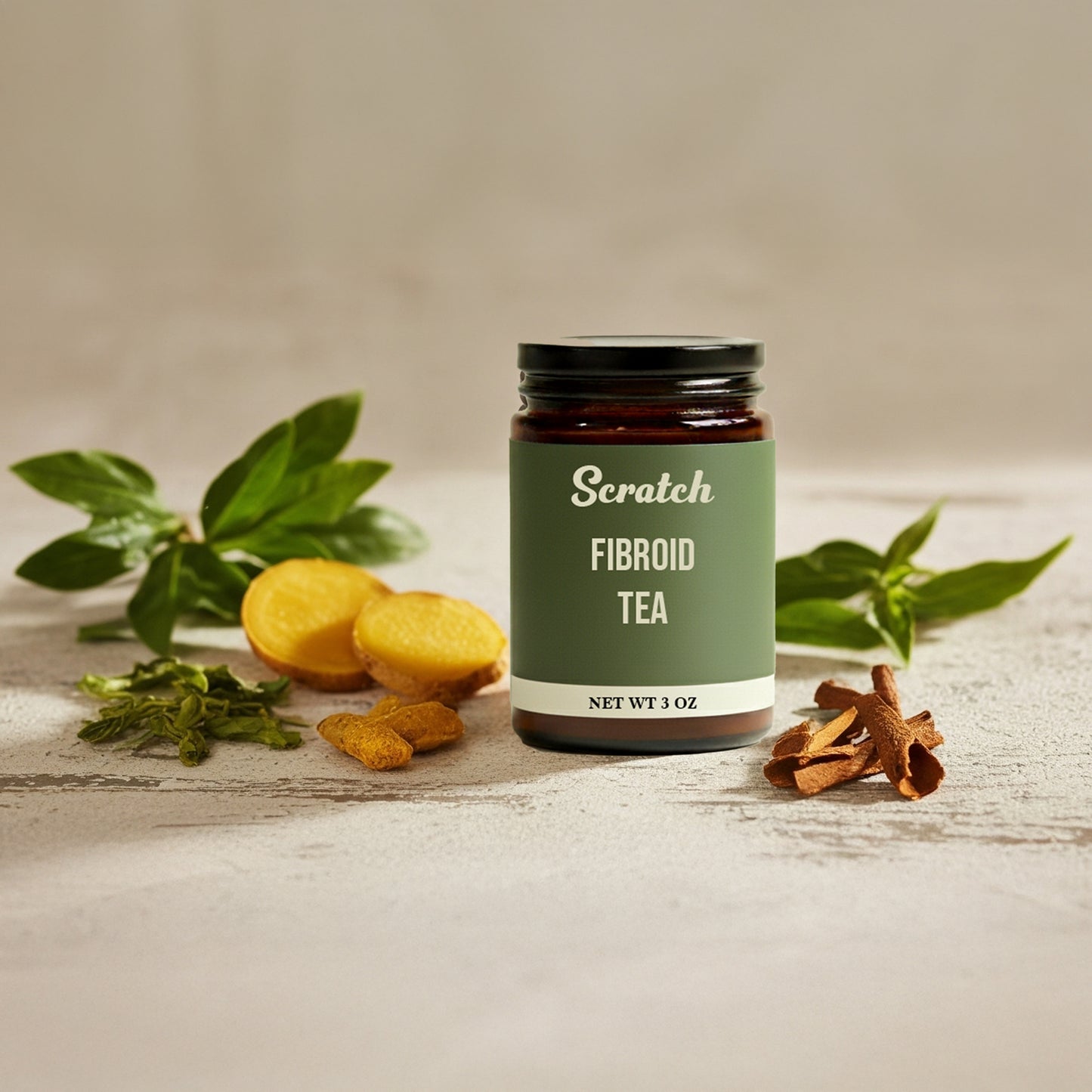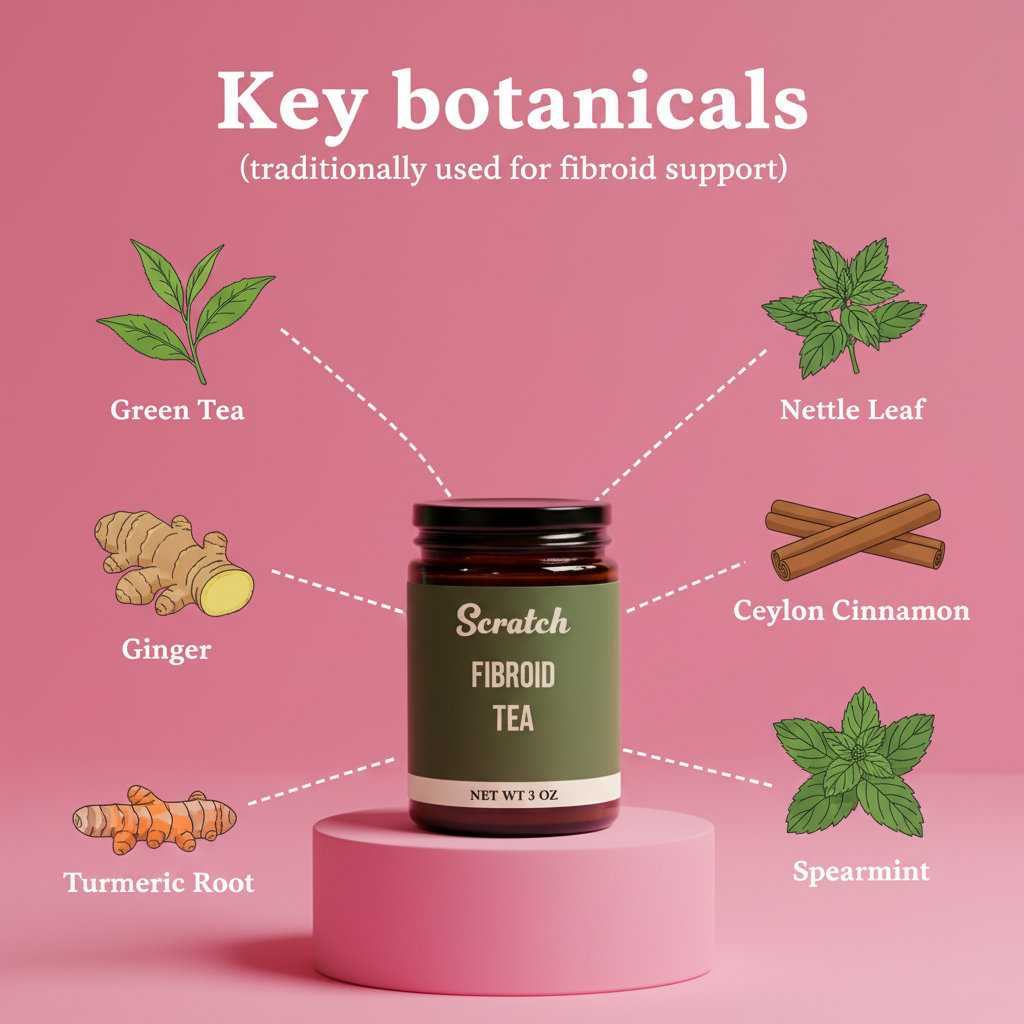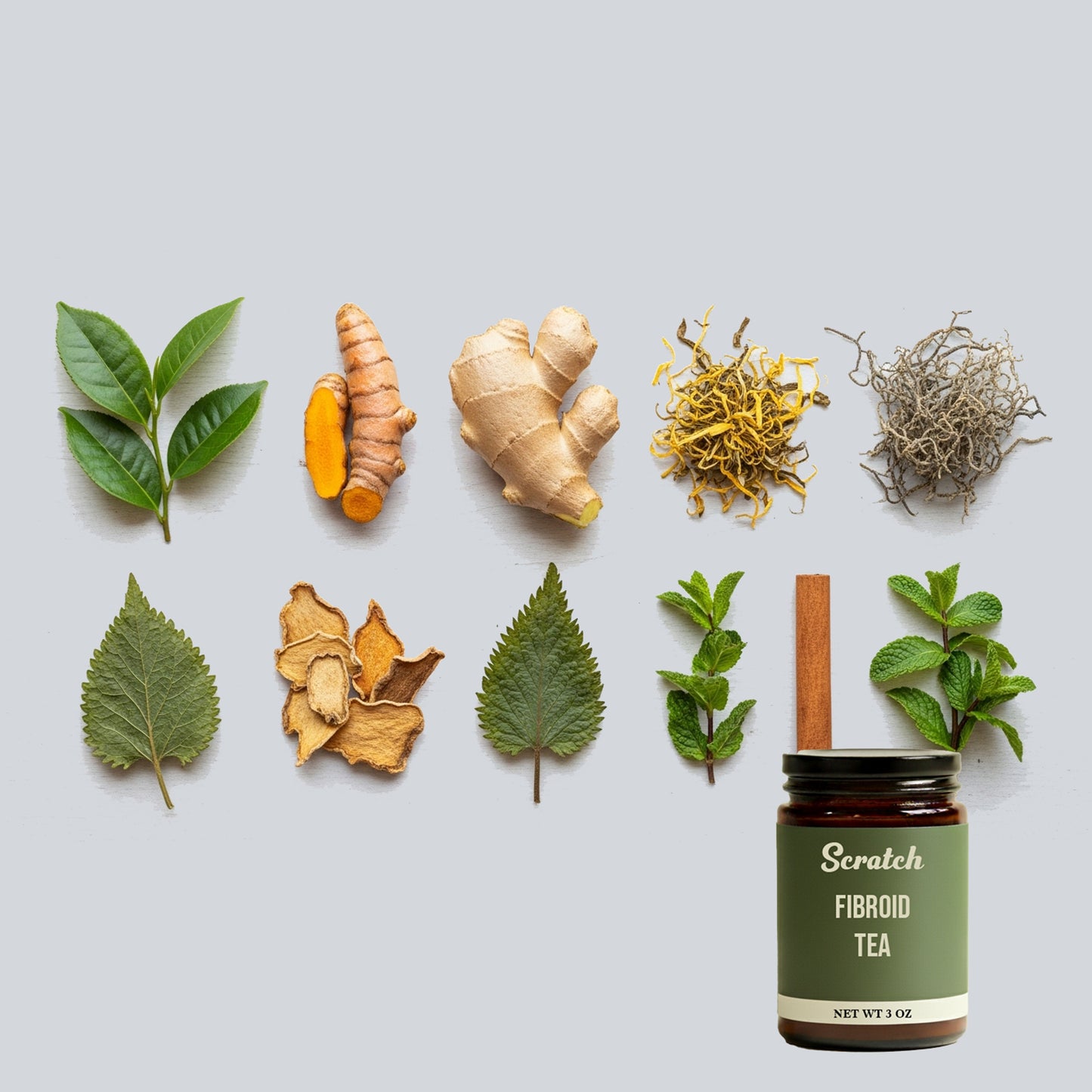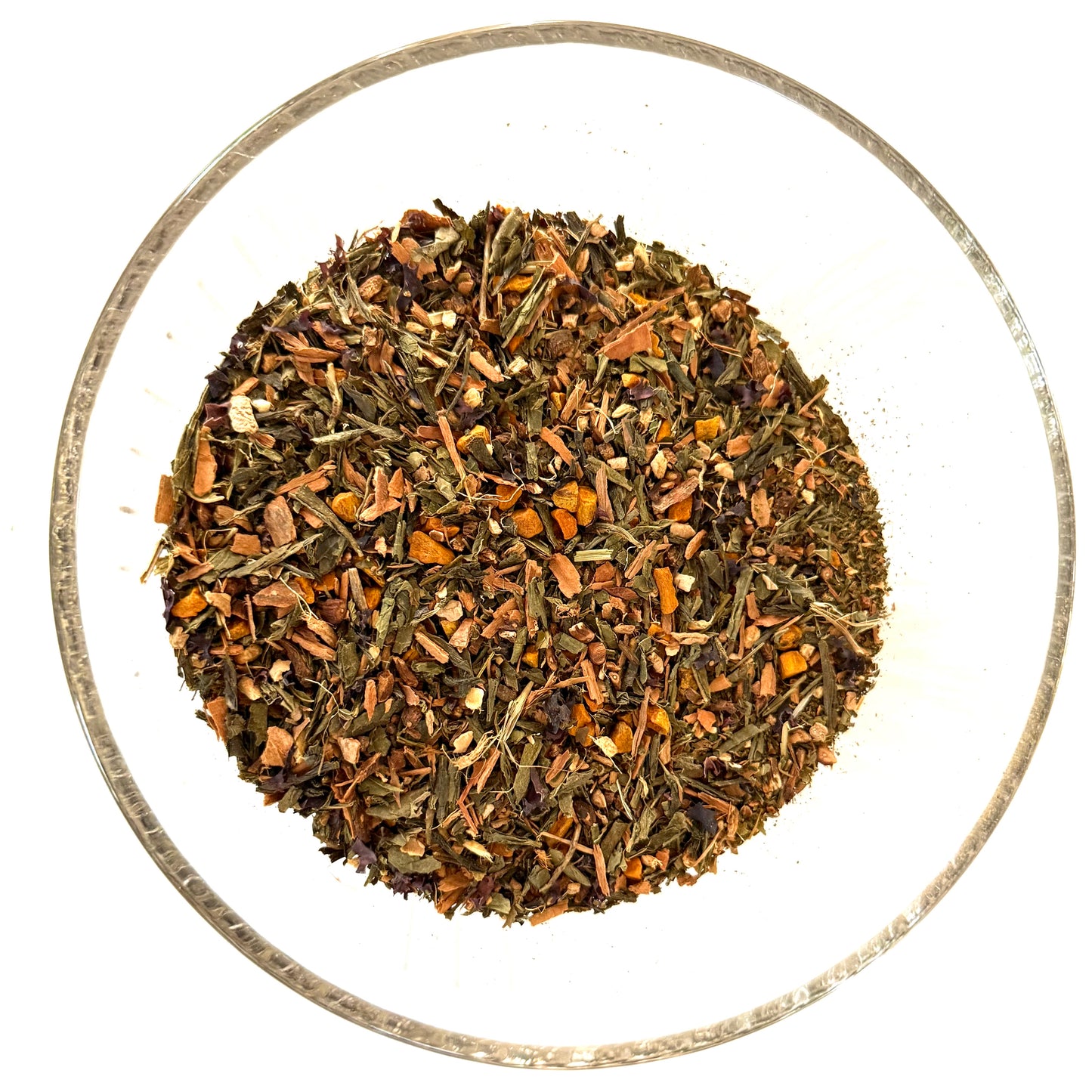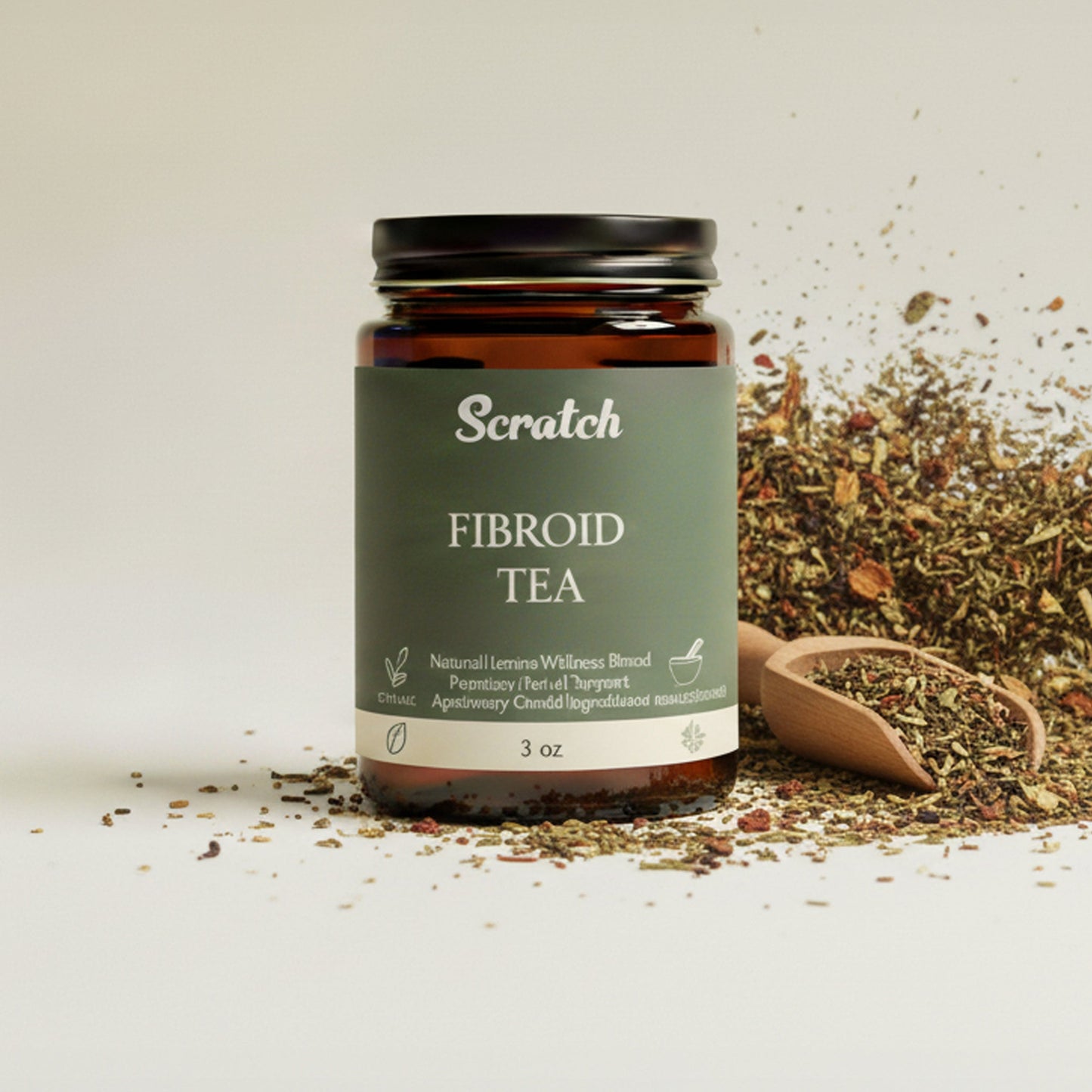Tea That Increases Fertility for Fibroids: Benefits, Safety, and How to Use
Uterine fibroids are common, benign growths that can affect menstrual bleeding, pelvic comfort, and in some cases fertility. Many people ask whether certain teas can shrink fibroids or boost fertility. While tea is not a cure and should not replace medical care, some options—especially green tea—have emerging evidence that may help manage fibroid symptoms and potentially support fertility indirectly. This guide summarizes what is known, how to use tea safely, and when to talk with your clinician.
Fibroids, Fertility, and Where Tea Fits In
Fibroids can interfere with fertility by distorting the uterine cavity, affecting fallopian tube function, altering the uterine lining, and contributing to inflammation and heavy bleeding. Addressing anemia, pain, and inflammation can improve overall reproductive wellness and may support fertility efforts. Herbal teas can play a supportive role for symptom relief and general health, but evidence that any tea directly “increases fertility” in fibroid patients is limited. The one tea with the most promising data for fibroid management is green tea.
Green Tea (EGCG): The Most Studied Option for Fibroids
Green tea contains catechins, especially epigallocatechin-3-gallate (EGCG). A small randomized clinical trial in premenopausal women with fibroids found that a standardized green tea extract (rich in EGCG) reduced fibroid size and improved bleeding-related symptoms compared with placebo over several months. While more and larger studies are needed, this is the strongest tea-related evidence we have for fibroid management.
How that might relate to fertility: if fibroid volume and heavy bleeding improve, the uterine environment may become more favorable for conception or fertility treatment. However, green tea has not been proven to increase pregnancy rates in people with fibroids. Think of it as a potential adjunct for symptom management rather than a fertility treatment.
How to use green tea thoughtfully
- Beverage form: 1–3 cups of brewed green tea daily can provide catechins with relatively low risk for most healthy adults.
- Decaffeinated options: Decaf green tea contains fewer catechins than regular but still provides some, and it reduces caffeine exposure.
- Extracts: The clinical trial evidence involves concentrated EGCG extracts at doses higher than you would get from tea. Concentrated extracts carry a small but real risk of liver injury. Do not self-dose with high-strength capsules; discuss with your clinician first and avoid if you have any liver condition.
Safety notes for green tea
- Caffeine: If you’re trying to conceive or may be pregnant, keep total caffeine under about 200 mg/day (roughly 3–4 small cups of green tea, but caffeine varies by brand and brew).
- Liver health: Concentrated green tea extracts have been linked to rare cases of liver injury. Stop and seek care if you notice dark urine, jaundice, or right-upper abdominal pain after starting an extract.
- Drug interactions: Green tea may interact with certain medications (for example, case reports with warfarin and pharmacokinetic interaction with nadolol). Review all medications and supplements with your clinician.
Other Teas Often Discussed—and What We Know
These teas do not have strong evidence for shrinking fibroids or increasing fertility, but some can support comfort and well-being:
- Ginger tea: Backed by evidence for nausea and menstrual pain relief. Helpful for dysmenorrhea and digestive comfort. Not proven to affect fibroids or fertility directly. Generally well tolerated; high supplemental doses are not advised without guidance, particularly when pregnant or on blood thinners.
- Peppermint tea: Can ease bloating and mild cramps. No evidence for fibroid reduction or fertility enhancement. Avoid in significant reflux.
- Chamomile tea: Calming and may help sleep. Limited data for reproductive outcomes. People with ragweed allergies should use caution. Potential interaction with anticoagulants is possible—ask your clinician.
- Red raspberry leaf: Popular in pregnancy circles for uterine “tone,” but high-quality evidence is lacking and timing matters. Because it may stimulate the uterus, avoid while trying to conceive and during early pregnancy unless your obstetric clinician specifically recommends it.
- Nettle leaf: Sometimes suggested for iron support, but the iron content of typical infusions is low and not a substitute for treating iron-deficiency anemia. May interact with certain medications; consult your clinician.
Important Considerations if You Have Fibroids
- Iron and anemia: Tea polyphenols can reduce non-heme iron absorption. If you have fibroid-related anemia or take iron supplements, separate tea (any kind) from iron-rich meals and iron pills by at least 2 hours.
- Symptom tracking: Keep a simple log of bleeding days, pad/tampon counts, cramps, and energy. If a tea seems helpful for comfort, note changes; if symptoms worsen, stop and reassess.
- Do not delay care: Large, rapidly growing, or cavity-distorting fibroids can impair fertility and may need procedural or surgical management. Tea should not replace evaluation for submucosal fibroids, recurrent pregnancy loss, or significant anemia.
How to Brew and Use Tea Safely
- Quality matters: Choose reputable brands that test for purity. For loose-leaf, store in a cool, dry place.
- Brewing basics: For green tea, use water below boiling (around 75–85°C/170–185°F) and steep 2–3 minutes to reduce bitterness and manage caffeine. Herbal teas usually steep 5–10 minutes with near-boiling water.
- Start low: Introduce one tea at a time for a week to watch for stomach upset, allergy, or sleep changes.
- Mind the caffeine: Green tea has roughly 30–50 mg caffeine per 8 oz cup, but this varies. Track your total daily intake from coffee, tea, sodas, energy drinks, and chocolate, especially when trying to conceive.
- Avoid concentrated extracts unless advised: If your clinician recommends a standardized EGCG extract, use exactly as directed, take with food, and discontinue if you develop any signs of liver trouble.
Who Should Talk to a Clinician Before Adding Tea or Supplements
- You have heavy bleeding, anemia, severe pain, or known cavity-distorting fibroids.
- You’re undergoing fertility treatment (IUI, IVF) or taking fertility medications (letrozole, clomiphene, gonadotropins). Avoid starting new supplements during stimulation unless your fertility specialist approves.
- You are pregnant or may be pregnant—many herbs lack safety data in early pregnancy. Keep caffeine under 200 mg/day.
- You take prescription medications (especially anticoagulants like warfarin, beta-blockers such as nadolol, or hepatotoxic drugs).
- You have liver disease or previous unexplained hepatitis.
Bottom Line
Among teas, green tea is the only option with early clinical evidence suggesting benefit for fibroid symptoms and size, which could indirectly support fertility. However, no tea is a proven fertility treatment for fibroids. Use tea as a supportive wellness habit, prioritize safety (especially around caffeine and potential interactions), and partner with your gynecologist or fertility specialist to address fibroid size, location, and anemia—key drivers of reproductive outcomes.
Trusted Sources and Further Reading
- National Center for Complementary and Integrative Health (NCCIH) – Green Tea: https://www.nccih.nih.gov/health/green-tea
- NCCIH – Ginger: https://www.nccih.nih.gov/health/ginger
- NCCIH – Pregnancy and Complementary Health Approaches: https://www.nccih.nih.gov/health/pregnancy-and-complementary-health-approaches
- NIH Office of Dietary Supplements – Iron Fact Sheet: https://ods.od.nih.gov/factsheets/Iron-Consumer/
- NIH LiverTox – Green Tea Extract and Liver Injury: https://www.ncbi.nlm.nih.gov/books/NBK547852/
- MedlinePlus (NIH) – Green Tea: https://medlineplus.gov/druginfo/natural/961.html
- American College of Obstetricians and Gynecologists (ACOG) – Nutrition During Pregnancy (caffeine guidance): https://www.acog.org/womens-health/faqs/nutrition-during-pregnancy
- FDA – Thinking About Taking a Dietary Supplement?: https://www.fda.gov/consumers/consumer-updates/thinking-about-taking-dietary-supplement
- Roshdy E et al. Green tea extract (EGCG) for uterine fibroids – randomized controlled trial (Int J Womens Health, 2013). [Study cited for background; discuss with your clinician for individualized advice.]
This article is for educational purposes and does not replace personalized medical advice. Always consult your healthcare professional before starting any new supplement or tea, especially when trying to conceive or if you have fibroids.

